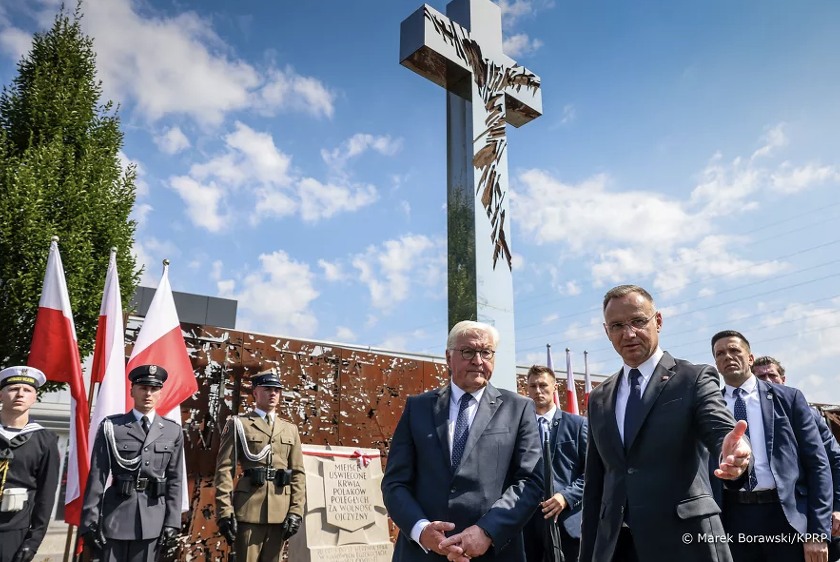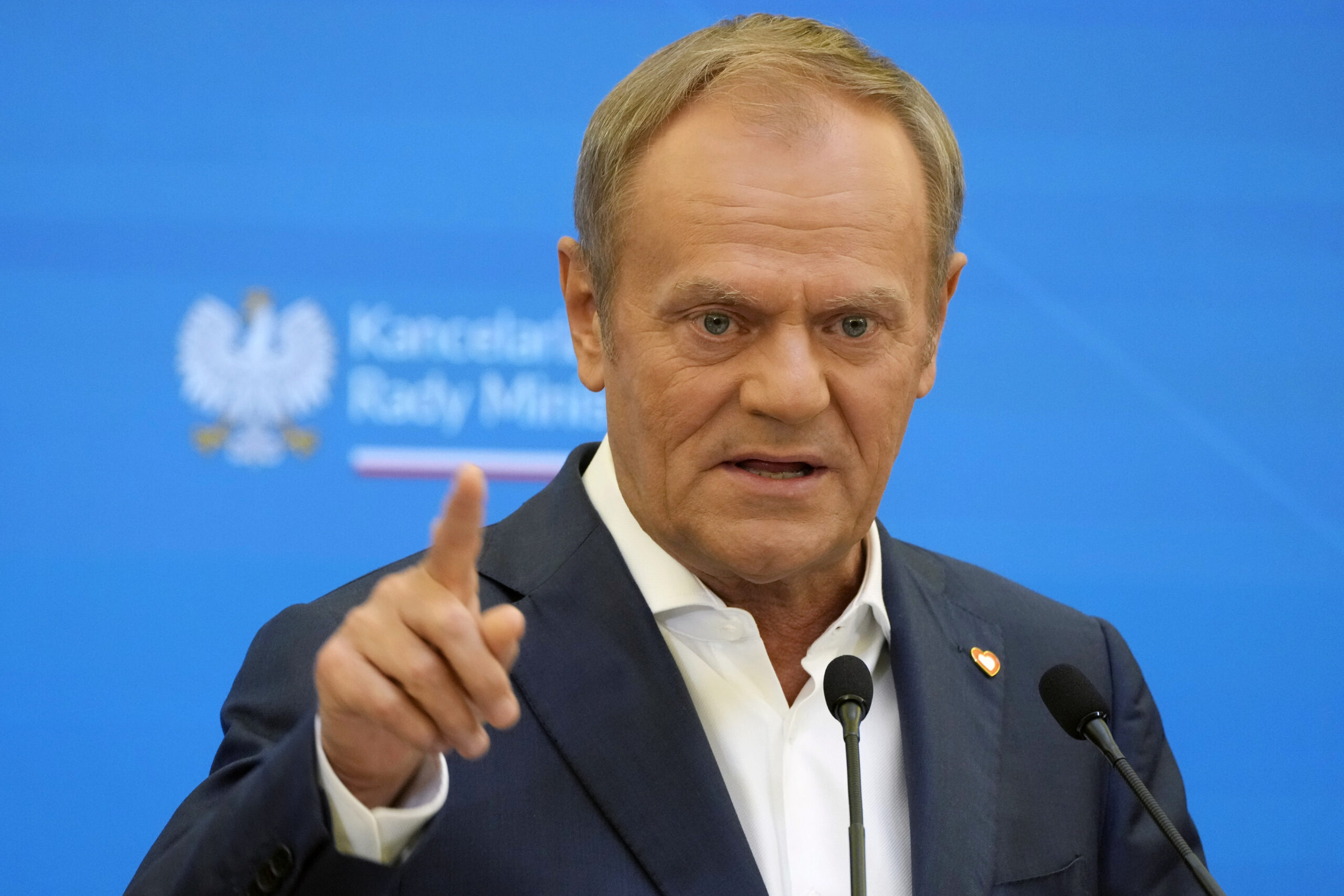Despite German President Frank-Walter Steinmeier’s gestures of apology in Warsaw for the 80th anniversary of the Warsaw Uprising, Paweł Lisicki, editor of the conservative Do Rzeczy weekly magazine, claims there is a deliberate erosion of awareness in Germany regarding the crimes committed against Poles during World War II.
Speaking on TV Republika, Lisicki pointed out the shifting perception in Germany concerning World War II and its victims, noting a concerning trend from a Polish perspective.
He observed that while the first and second generations in Germany until about the 1980s had a broad awareness of the crimes committed not only against Jews but also Poles, this has diminished with the rise of what he termed the “Holocaust religion,” where all other victims have been marginalized except those politically correct ones.
Lisicki criticized what he sees as ritualistic gestures of apology that lack substance and do not represent a significant breakthrough in German remembrance. “As may you know, all Germans were opposed to Hitler during the war. This is a prevailing assertion in German media,” he said sarcastically.
Lisicki pointed out that while earlier generations of Germans were generally aware of the crimes committed not only against Jews but also against Poles, this awareness has diminished over time.
“Up until the first or second generation, roughly until the 1980s, there was a widespread awareness among most Germans of the crimes committed not only against Jews but also Poles. However, as what I have termed ‘the Holocaust religion’ matured, all other victims, except for the politically correct ones, the Jews, have been marginalized,” he argued.
According to Lisicki, the brutal occupation of Poland and the specific plans for the destruction of Warsaw and its inhabitants are not a part of the German collective memory, having been overshadowed by the singular focus on the Holocaust.
Lisicki also discussed the implications of this shift for Polish historical claims against Germany, suggesting that these claims are weakened by the lack of support from the German public, who may not fully understand or wish to atone for the broader scope of German wartime actions.
Reflecting on the 80th anniversary of the Warsaw Uprising, Lisicki noted that the uprising and its traditions are particularly inconvenient for the ruling left-liberal coalition. He emphasized that the main goal of the uprising was to regain Poland’s independence, a goal that is at odds with the ideology of Europeanism and pan-Europeanism promoted by the people currently ruling Poland.
Lisicki observed that there is an increasing attempt to reinterpret the significance of the Warsaw Uprising, with some media outlets like Gazeta Wyborcza suggesting that the insurgents were fighting not for national freedom but for sexual freedom and freedom of expression. He concluded that this “inconvenience” is likely to grow over time, with ongoing efforts to change the meaning of the uprising.






